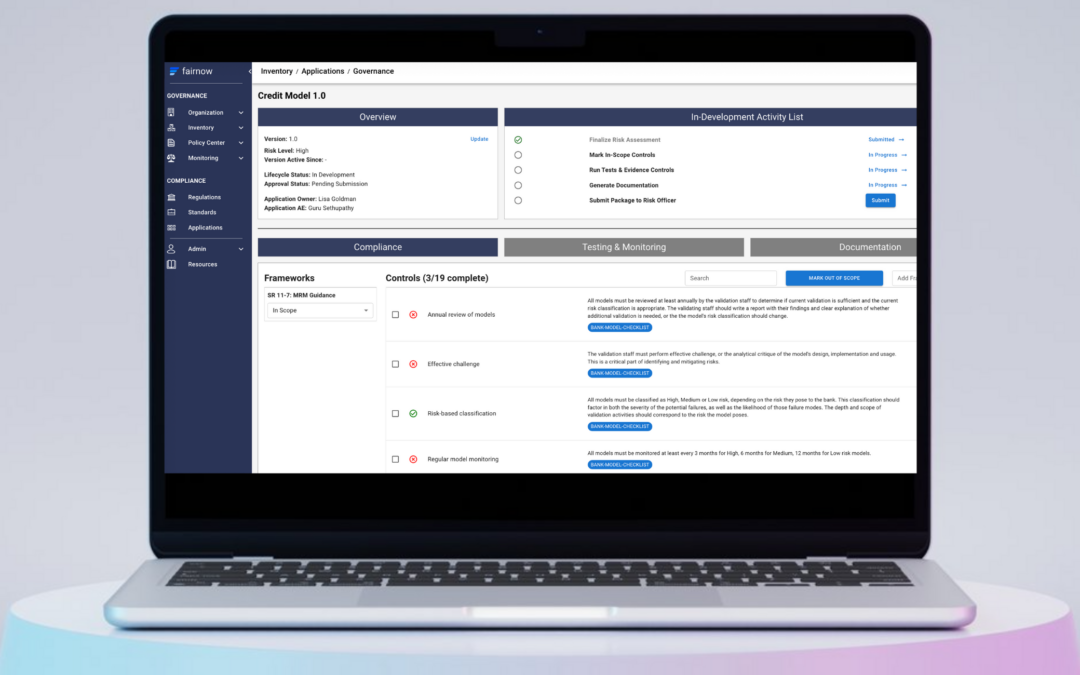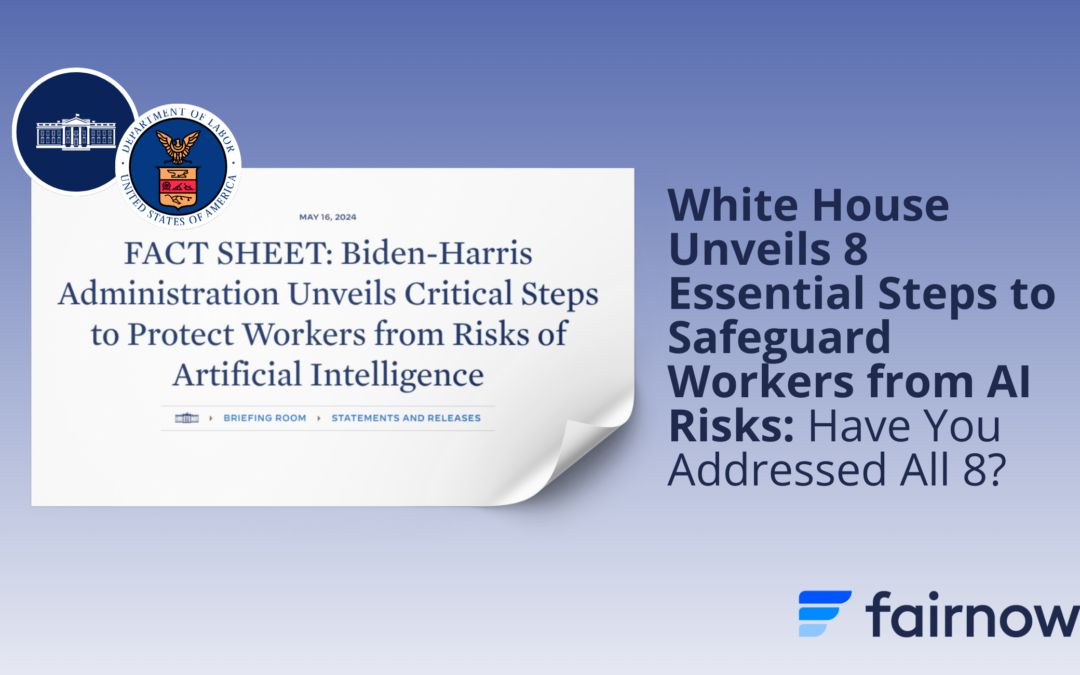What Is A Predictive Model? The Simple Definition
A type of model that predicts an outcome. For example, a model that evaluates a person’s loan application would look to predict whether the applicant will pay the loan back or not.
The Technical Definition Of A Predictive Model
A predictive model is a computational construct using statistical or machine learning algorithms to extrapolate future outcomes from historical datasets. It involves pattern detection, leveraging regression analysis, decision trees, neural networks, or other advanced methodologies to forecast probabilistic outcomes.
The model’s efficacy is often quantified through rigorous validation techniques, including cross-validation and performance metrics like RMSE or accuracy scores, ensuring predictive reliability and precision. This iterative process evolves with continuous data influx and algorithmic refinement.
Explain It Like I’m Five
Imagine you have a magic toy that can guess what will happen in the future. You show this toy lots of pictures and tell it stories about what has happened before. From these pictures and stories, it starts to notice patterns – like if it often rains after the sky gets dark and cloudy.
So, when you ask this toy what will happen tomorrow, it uses what it learned from all the pictures and stories to make a good guess. If it sees the sky getting dark and cloudy again, it might guess that it’s going to rain. This is like a predictive model – it’s an intelligent helper that makes guesses about the future based on what it has learned from the past.
Use It At The Water Cooler
How to use “predictive model” in a sentence at work:
“By analyzing past sales data with our new predictive model, we can forecast next quarter’s revenue more accurately, allowing us to make better-informed budgeting decisions.”
Related Terms
Artificial Intelligence (AI), AEDT (Automated Employment Decisioning Tool), Human-in-the-Loop (HITL)


